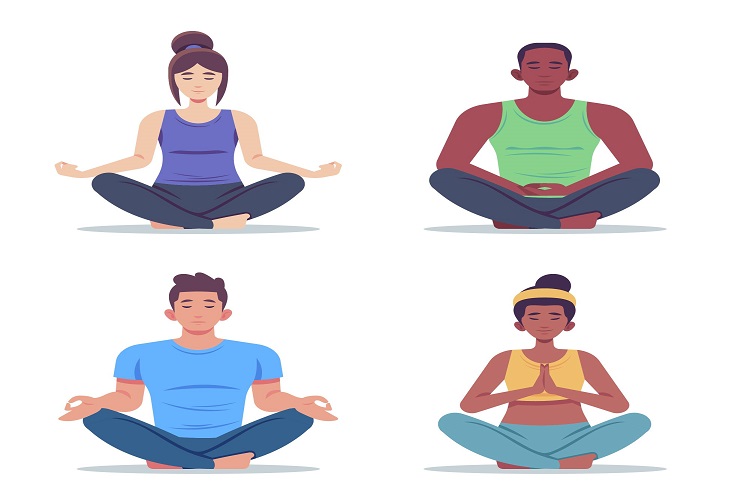
Mindfulness practice has been gaining popularity in recent years, and for good reason. It is a simple yet powerful technique that can help individuals cultivate a more positive outlook on life, reduce stress, and improve overall wellbeing.
Mindfulness can be defined as the practice of paying attention to the present moment, without judgment or distraction. This can be achieved through a variety of techniques, including meditation, yoga, and other mindfulness exercises. The goal is to increase awareness of thoughts, feelings, and sensations, as well as to develop a non-judgmental, compassionate attitude towards oneself and others.
One of the key benefits of mindfulness practice is stress reduction. By bringing attention to the present moment, individuals can avoid getting lost in worries about the future or regrets about the past. This can be especially helpful for those who suffer from anxiety or depression, as it can help to interrupt the negative thought patterns that can contribute to these conditions.
Research has also shown that mindfulness can improve cognitive functioning, including attention, memory, and creativity. By developing the ability to focus one's attention, individuals can become more productive and efficient in their work, as well as more present and engaged in their personal lives.
In addition, mindfulness can promote emotional regulation, which can be especially helpful for those who struggle with mood swings or emotional instability. By learning to observe and accept one's emotions without judgment or reactivity, individuals can develop a greater sense of emotional balance and stability.
There are a variety of techniques that can be used to practice mindfulness. One of the most common is meditation, which involves sitting in a quiet place and focusing on the breath or a specific object. This can help to develop the ability to focus one's attention and increase awareness of the present moment.
Another technique is mindful movement, such as yoga or tai chi. These practices combine physical movement with mindfulness, helping to cultivate both physical and mental wellbeing.
Other mindfulness exercises include body scans, in which individuals focus on each part of their body in turn, noting any sensations without judgment or distraction, and mindfulness walks, in which individuals take a slow, deliberate walk, paying attention to their surroundings and their own bodily sensations.
Ultimately, the key to successful mindfulness practice is consistency. Like any habit, it takes time and effort to develop mindfulness skills, but the benefits are well worth it. By committing to regular mindfulness practice, individuals can improve their physical and mental wellbeing, increase their productivity and efficiency, and cultivate a greater sense of peace and contentment in their lives.




























